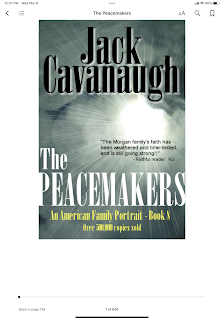Merry Christmas ’24 and Happy New Year ’25!

I’ll bet you’ve heard the formula of how to make God laugh: tell Him your plans. Or better yet … write a Christmas letter (for ’23) claiming no hospital stays. No sooner had those cards gone into the mail than, BINGO, hospital stay! This year you are getting an e-version of the Christmas card. After all, we can edit it on the fly if necessary! Long story short, December 12 of 2023, I had surgery for a 1-in-a-million cancer: appendiceal. Lord willing, all is now well in that department. If we were to have to choose a word to describe 2024, it might have to be two words. HEALTH (or lack of same) and TRAVEL. When we were wee ones, our parents used to discuss health concerns around the dinner table with visiting family members. Now our own kids and grandkids guess how long it will take before their parents/grandparents start discussing the latest med or malady. There is more to life than that! We began 2024 on a bittersweet note. Mark’s sister, Mary, went home to be with Jesus on Janu...





